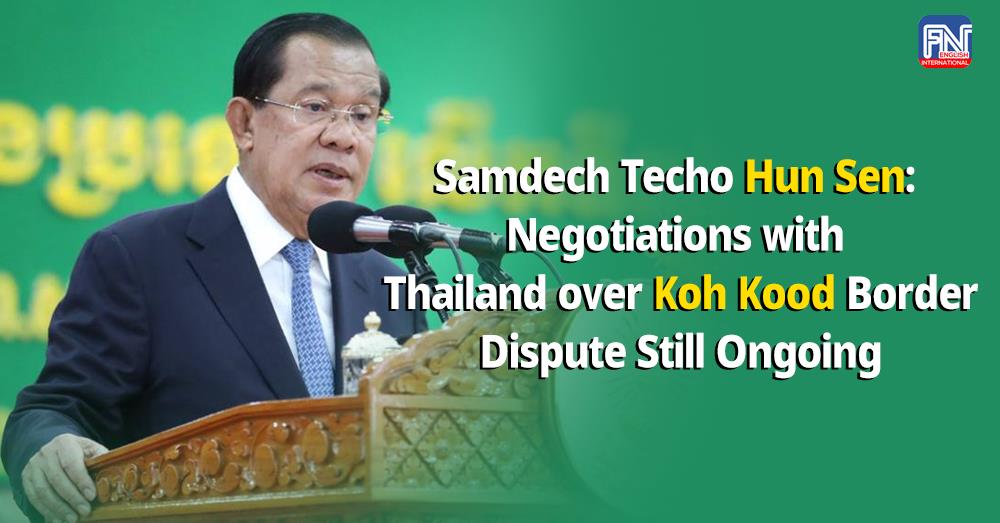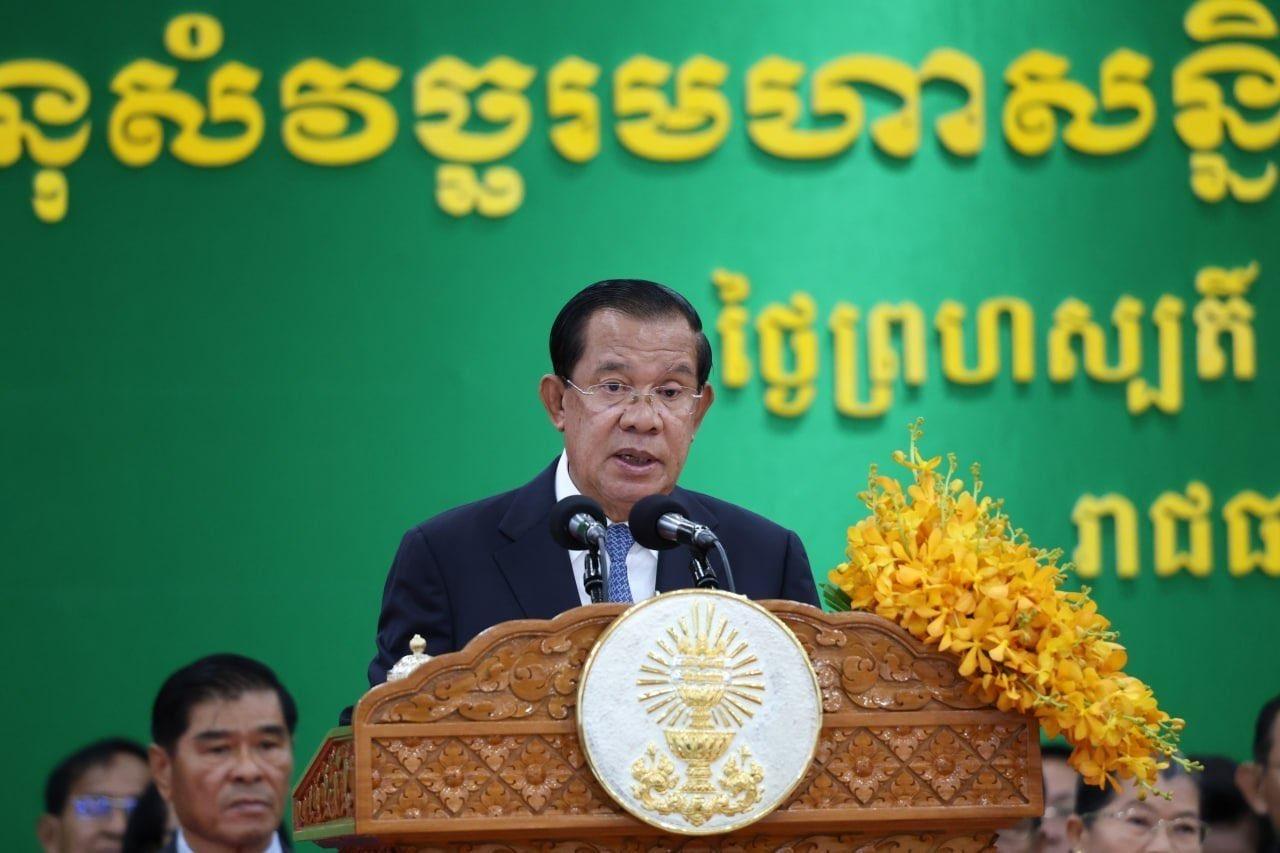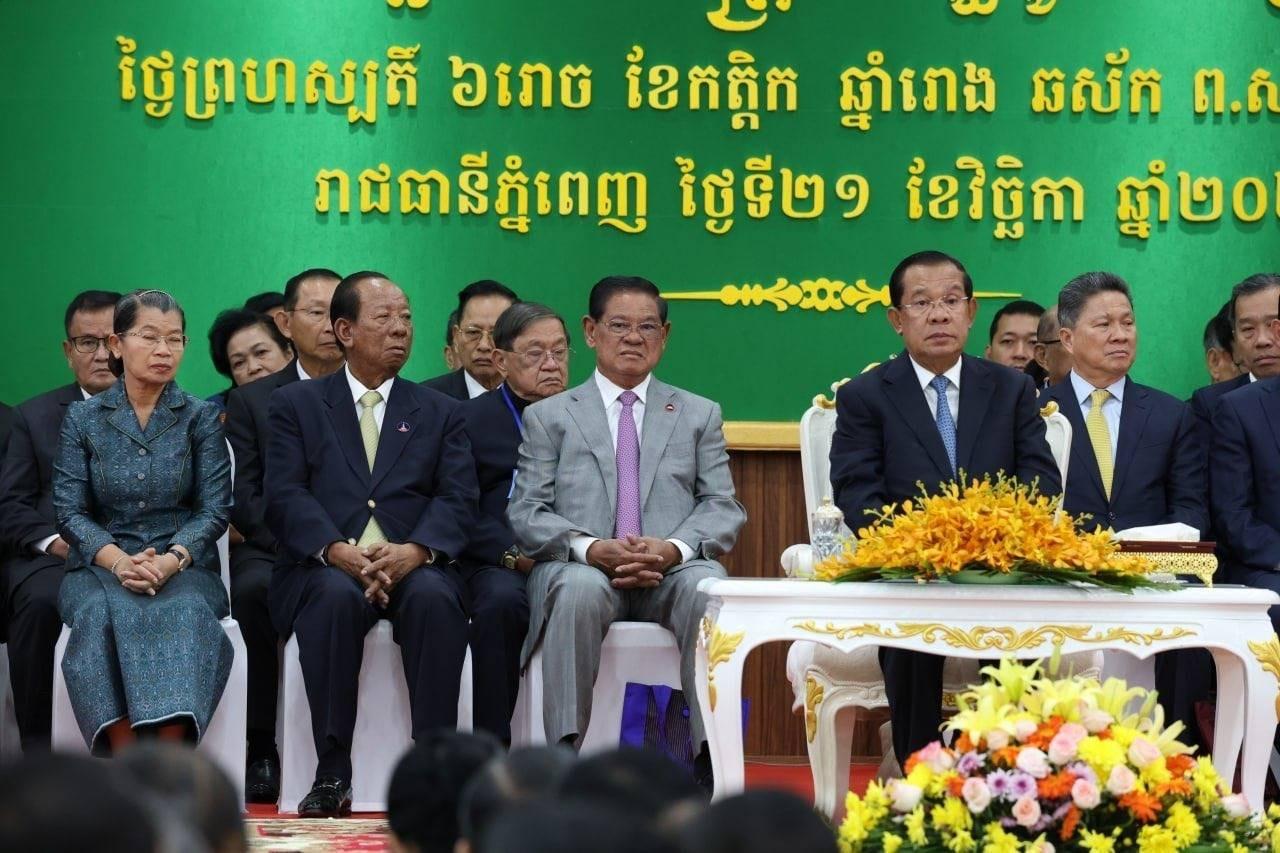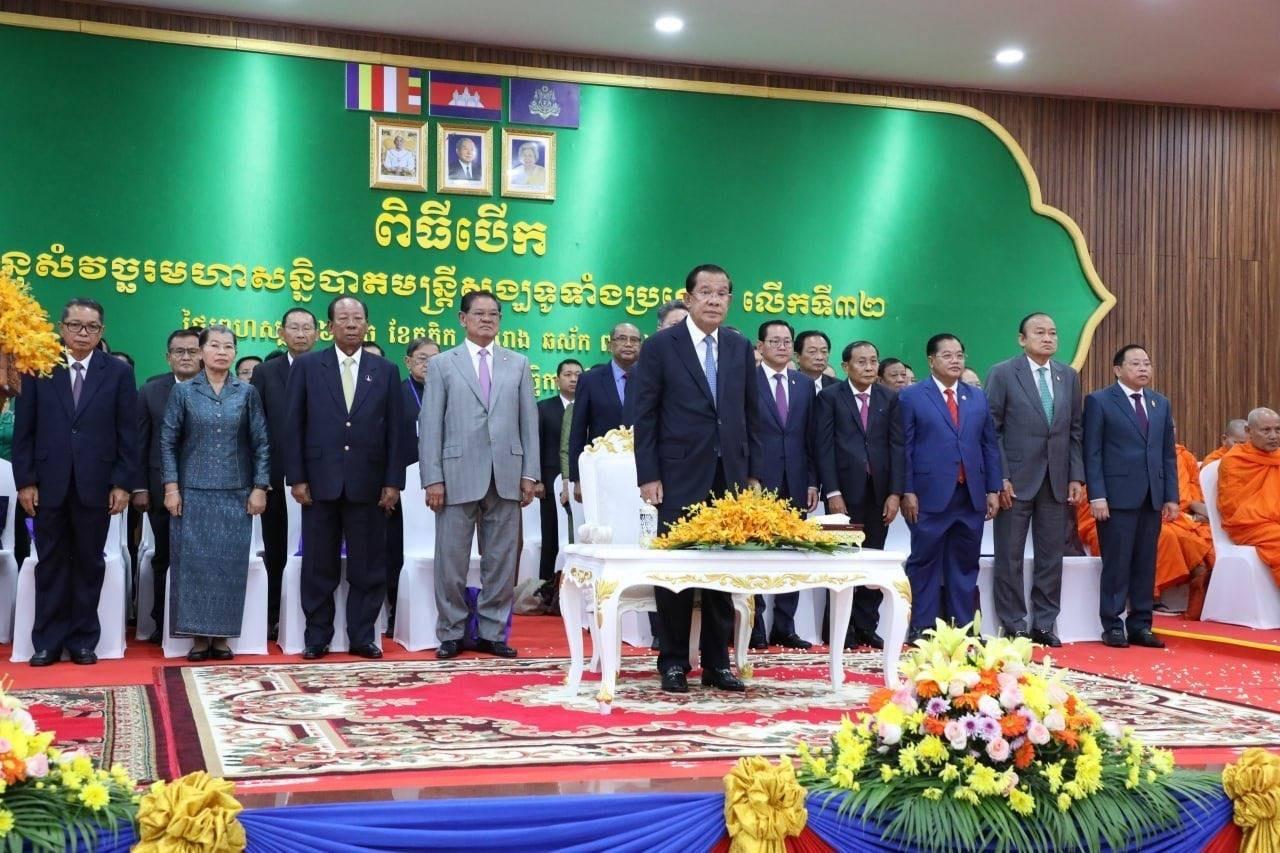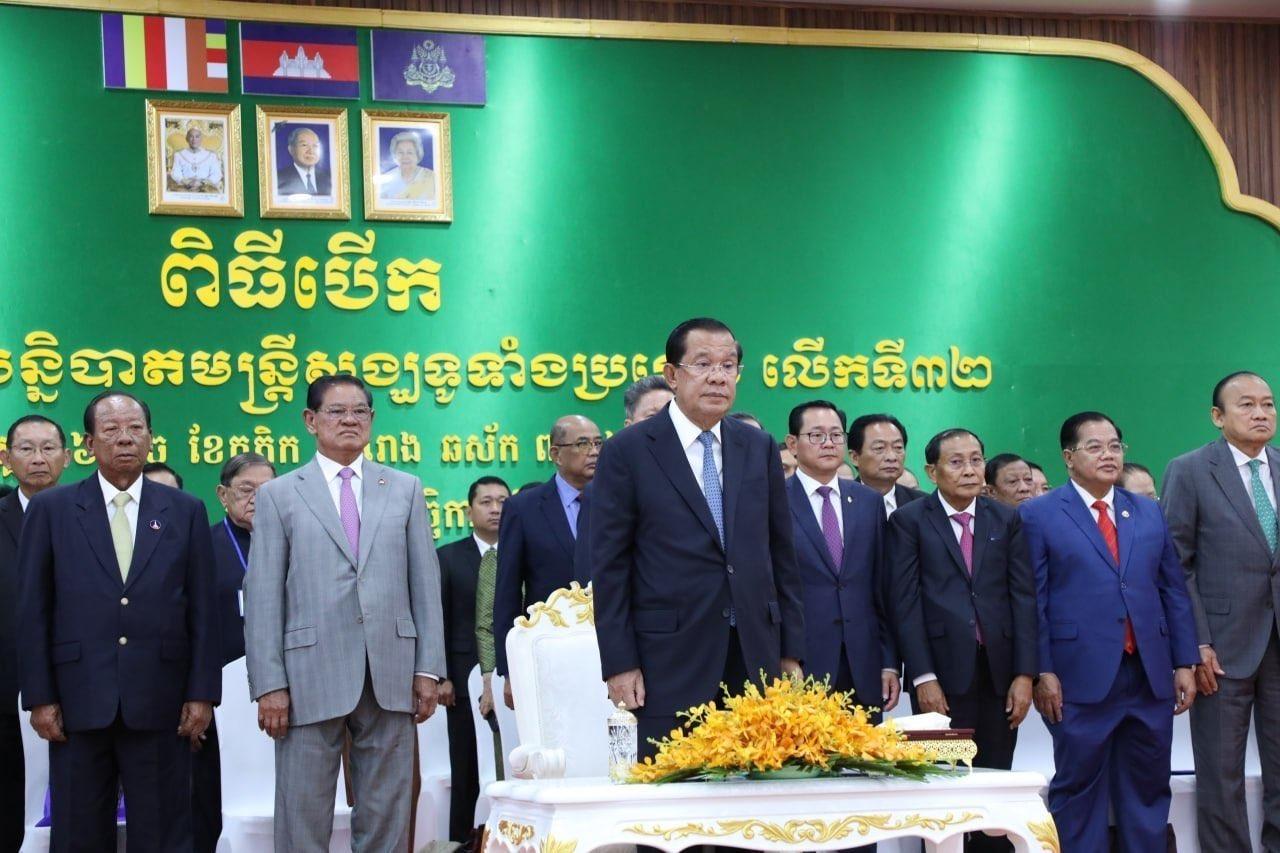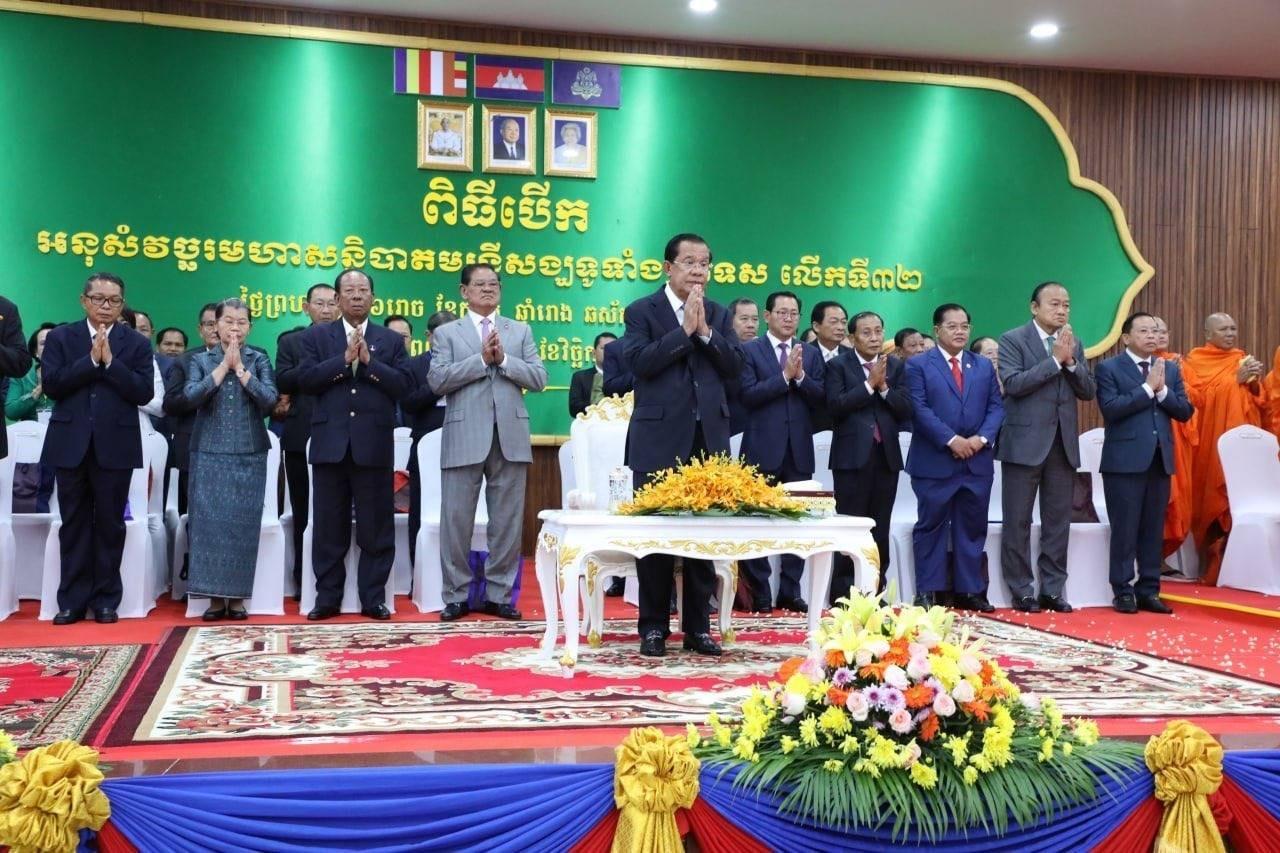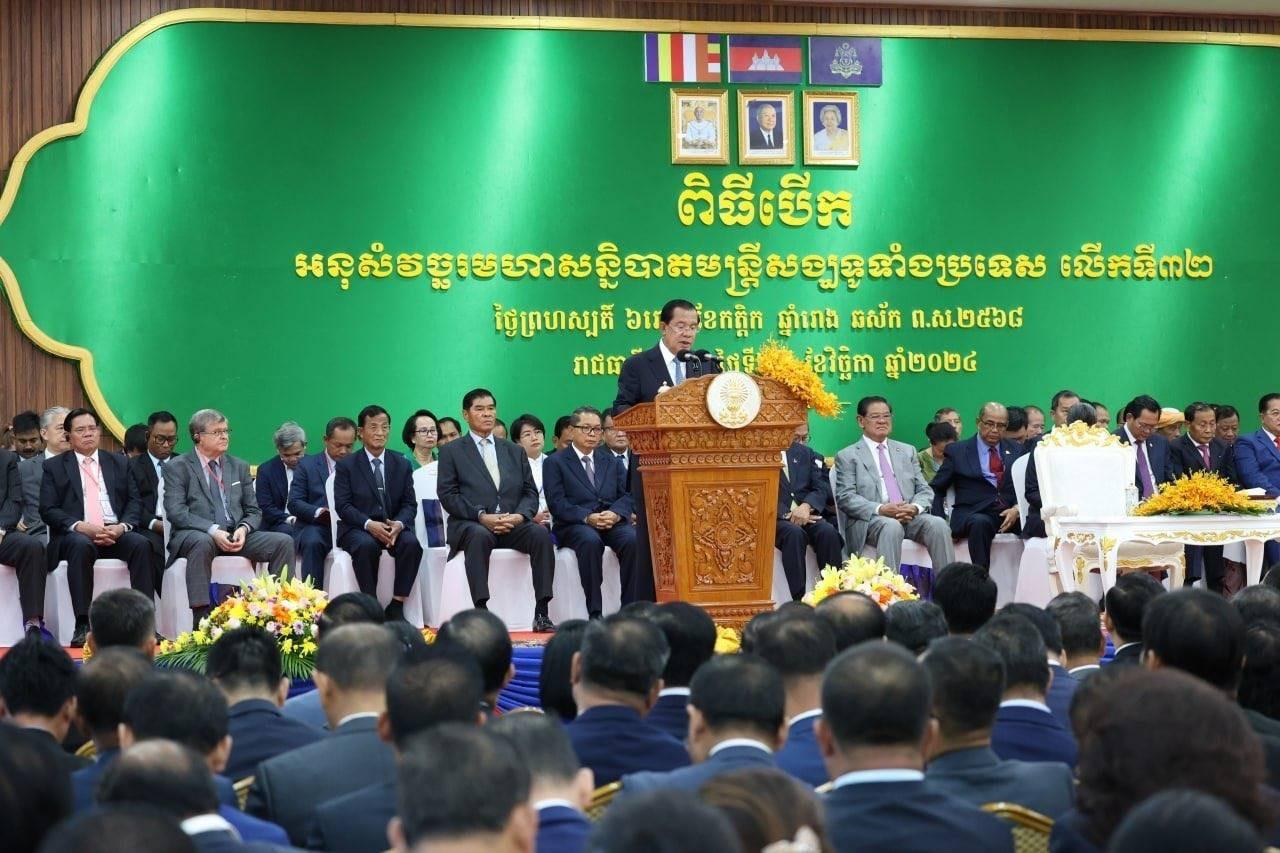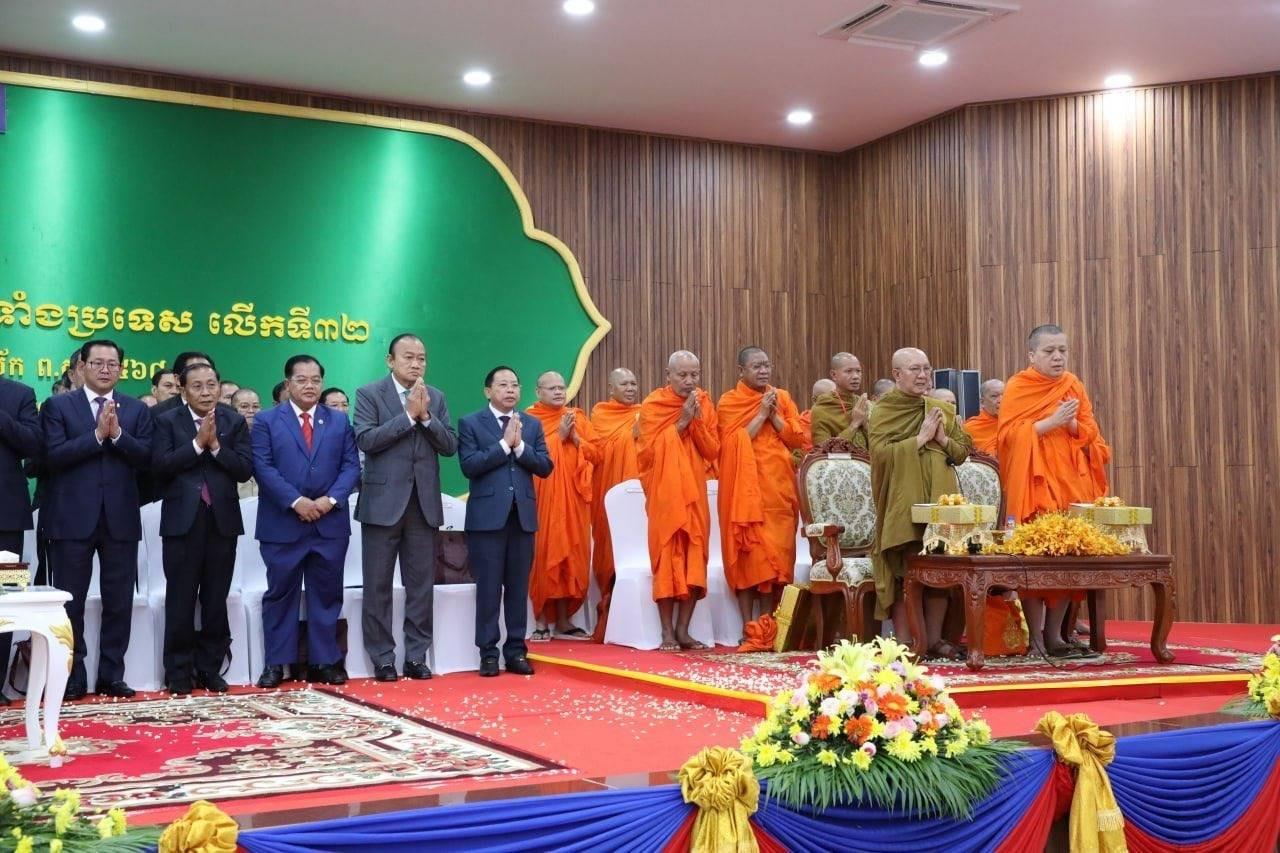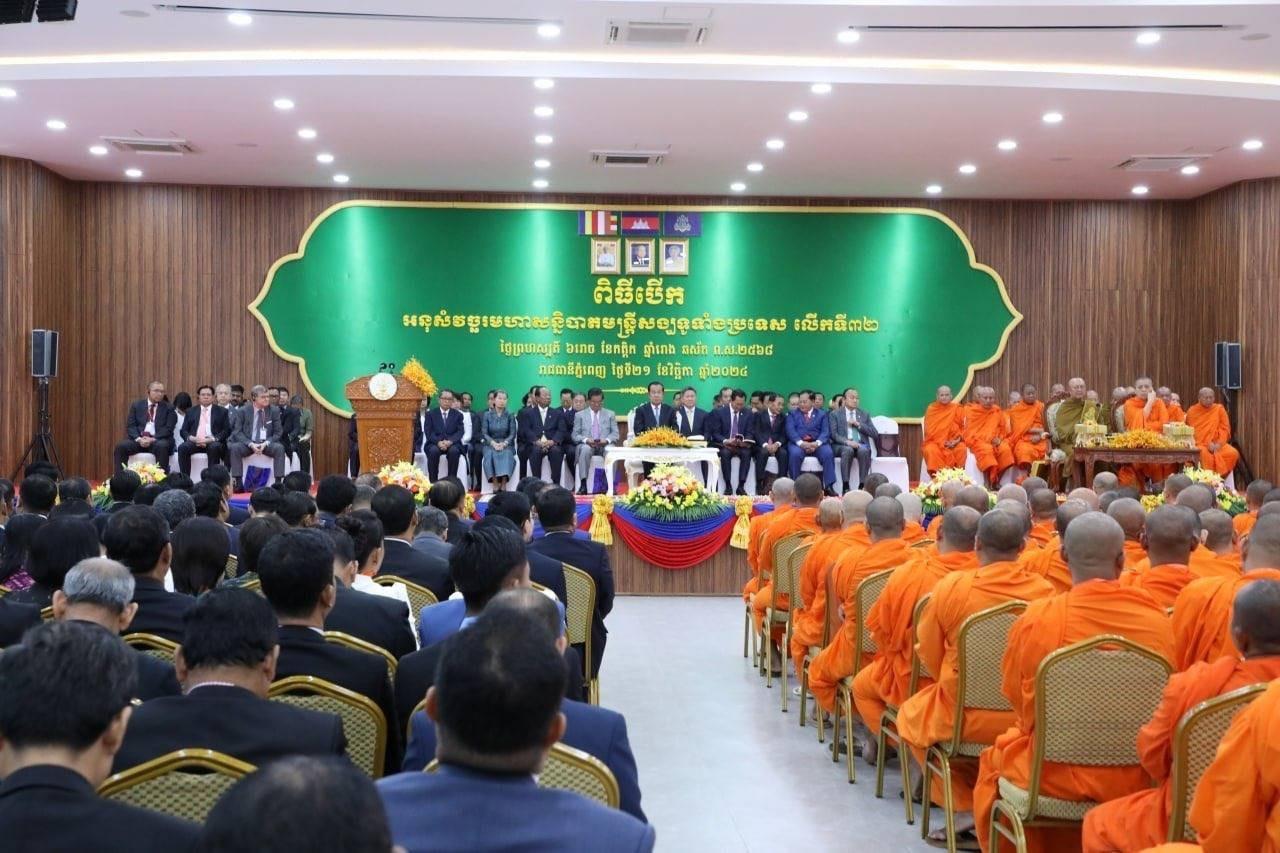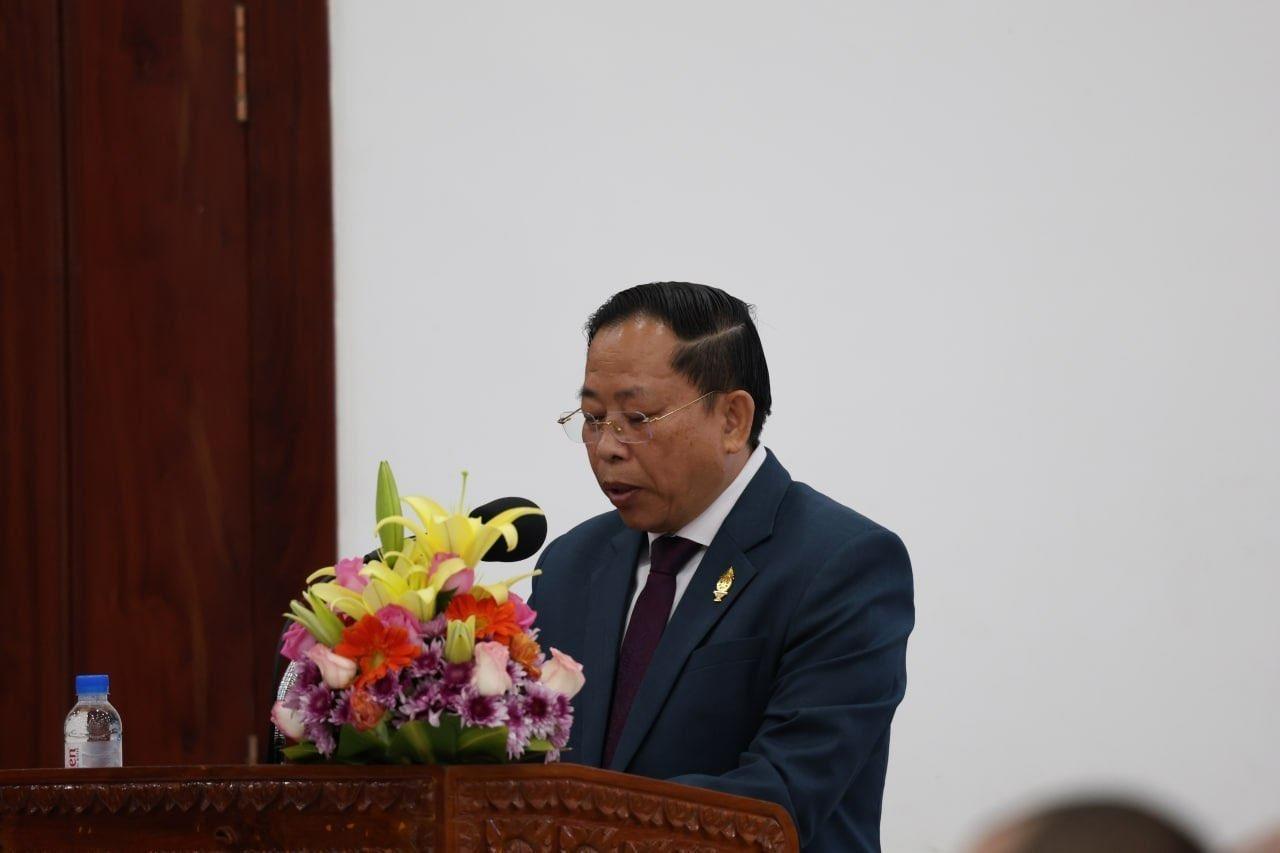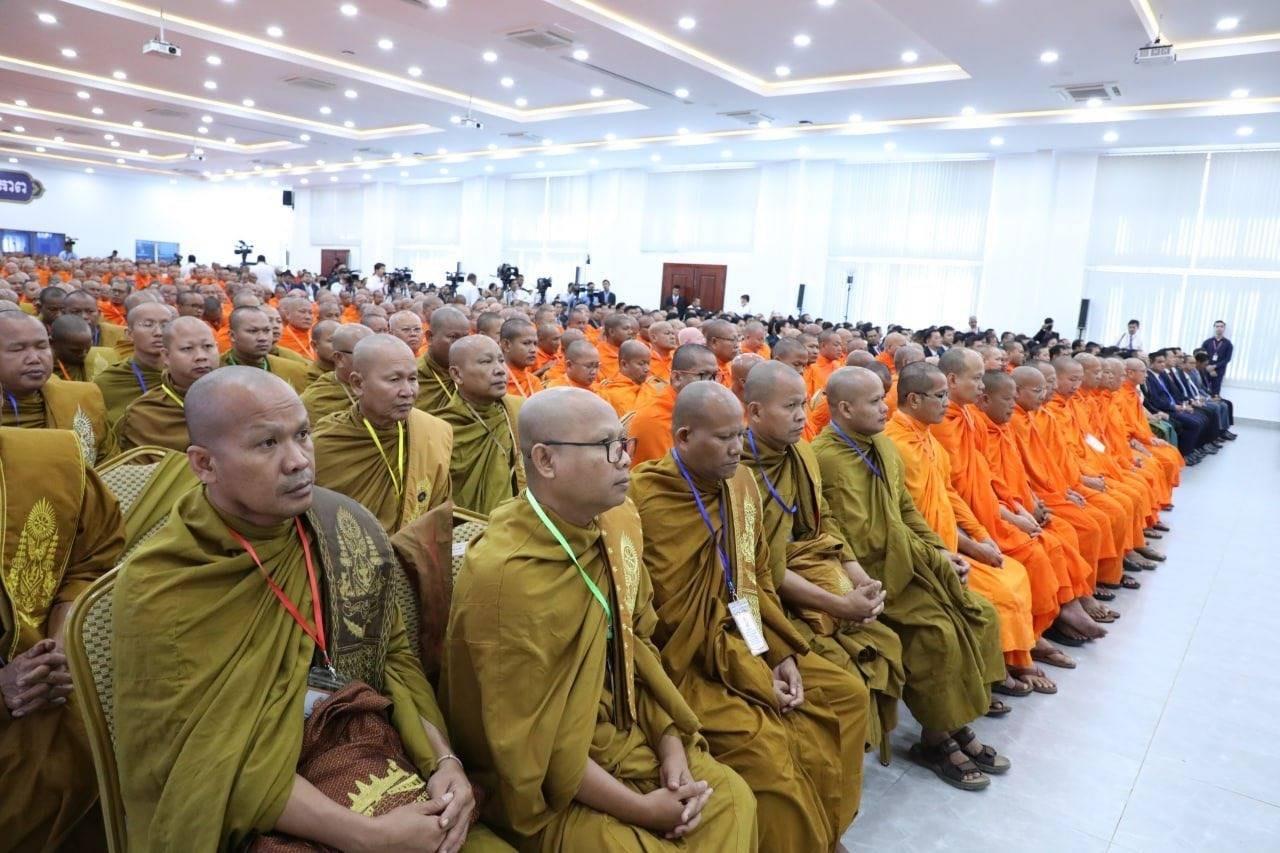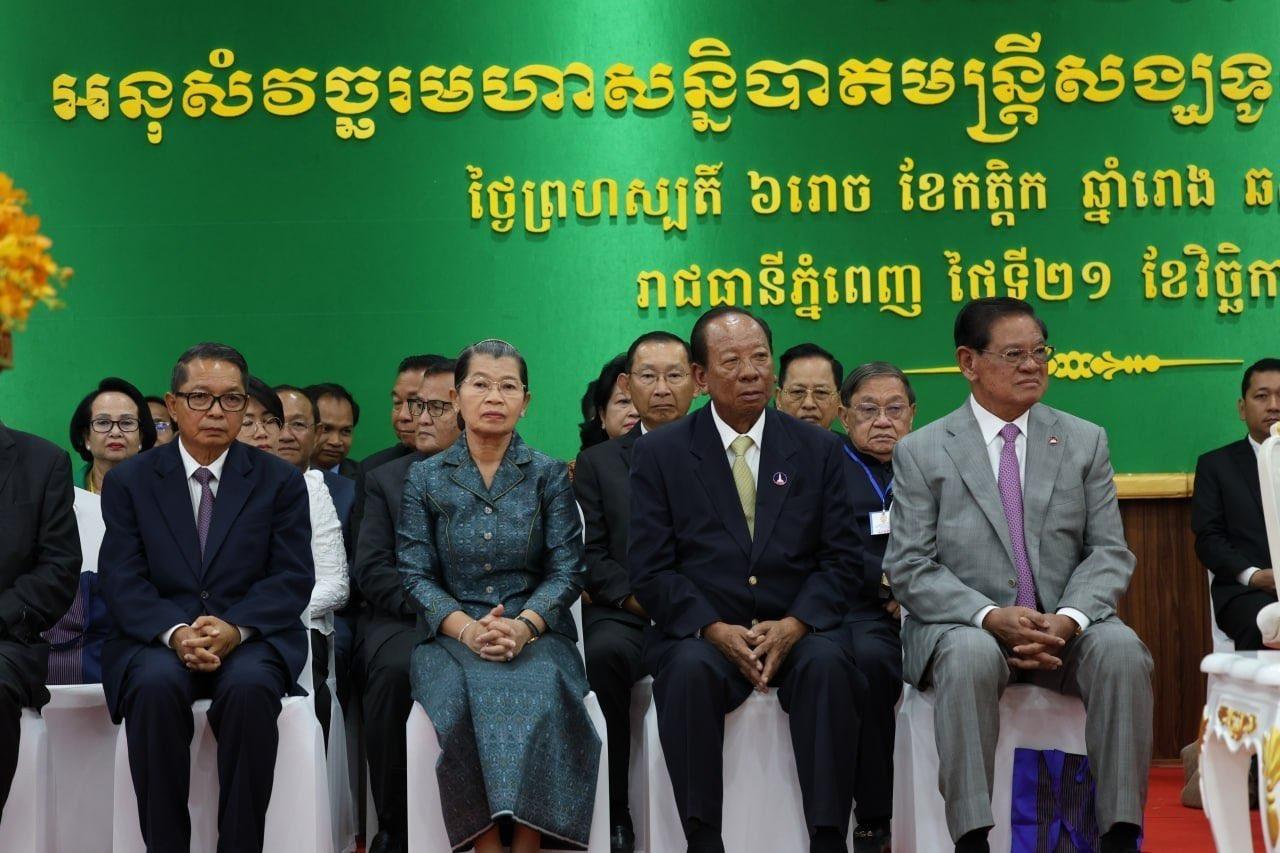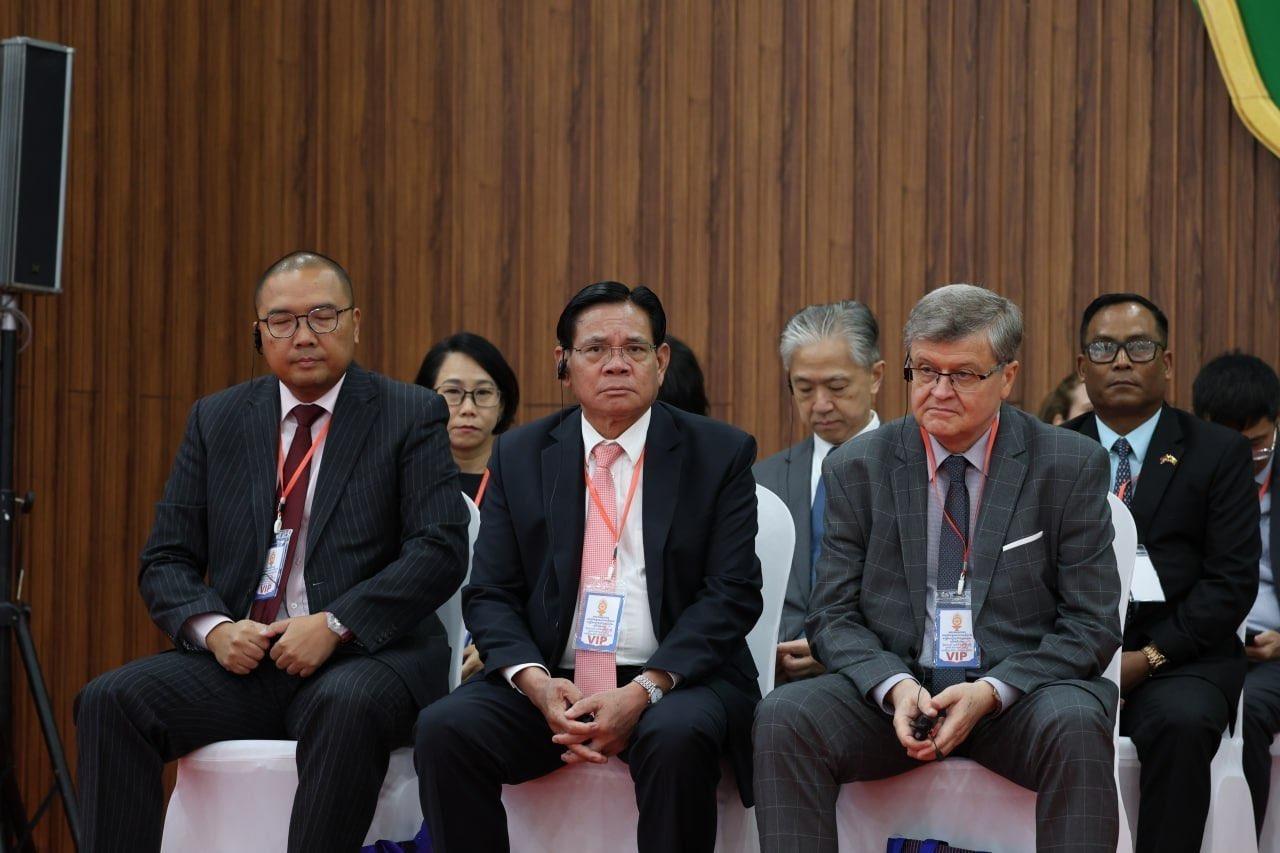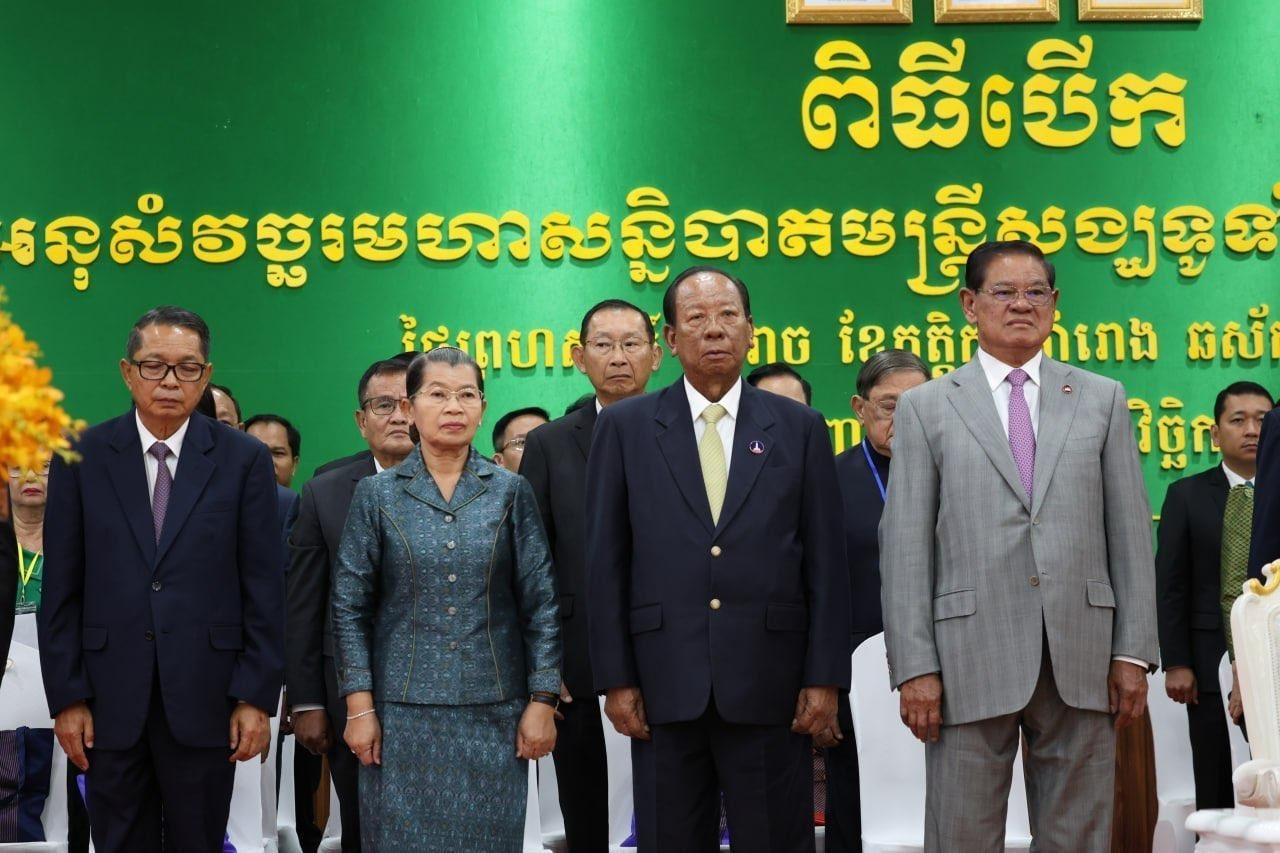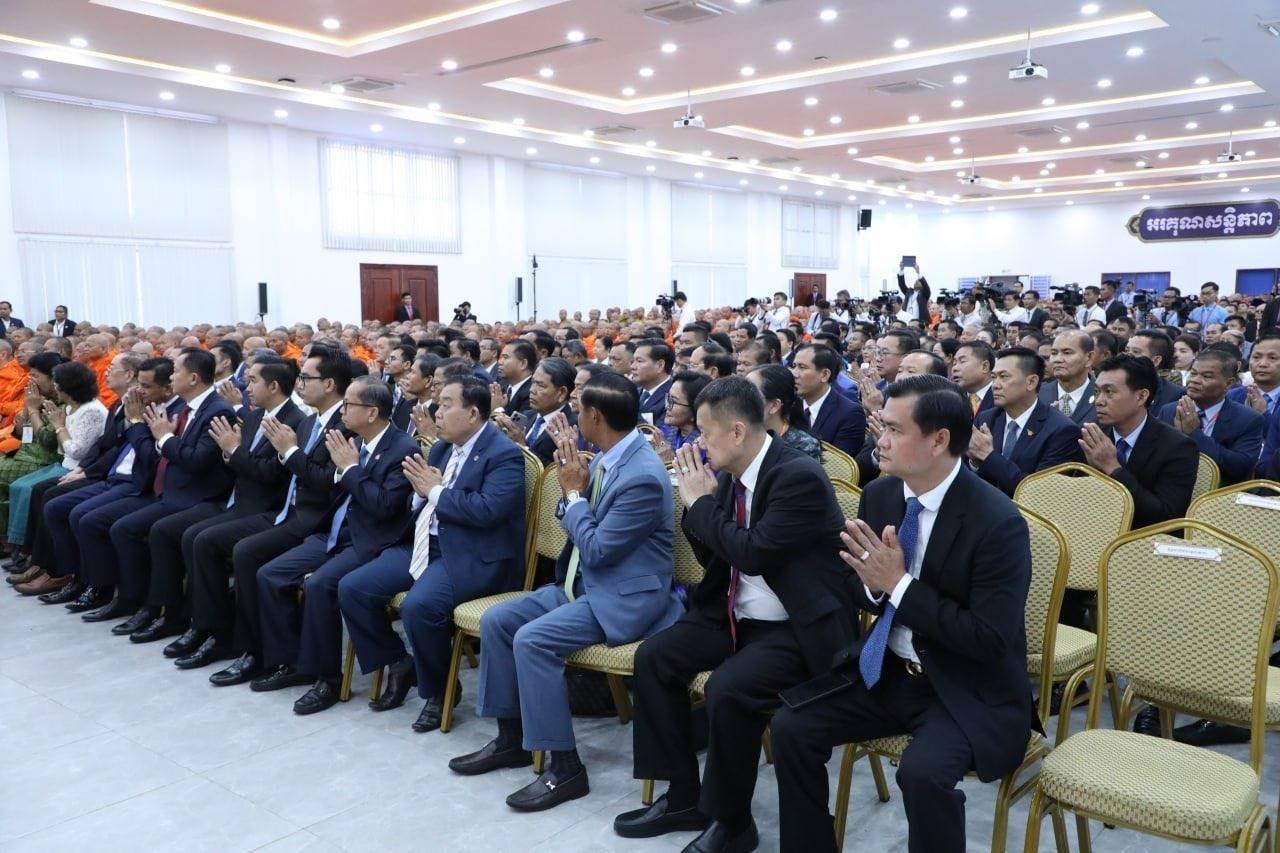Phnom Penh (FN), Nov. 21 – Cambodian Senate President Samdech Techo Hun Sen addressed the ongoing border dispute of Koh Kut, an area of overlap along the Thai-Cambodian border. He highlighted the critical importance of bilateral negotiations, noting that no agreement has been reached thus far.
Samdech Techo spoke on Thursday (Nov. 21) during the opening of the 32nd National Congress of Buddhist Monks at the National Institute of Education.
Samdech Techo cautioned the Cambodian extremist opposition group abroad against exploiting this issue for political gain or inciting public unrest. He also urged the Thai opposition to allow the Thai government to negotiate peacefully with Cambodia.
Additionally, Samdech Techo suggested that it may be time to consider drafting a law to designate the Cambodian extremist opposition group abroad as a terrorist organisation, citing their ongoing efforts to incite rebellion and create conflicts with neighbouring countries.
"In Thailand, there is also an extremist group raising the issue of Koh Kood. Meanwhile, extremist groups abroad are calling for demonstrations in our country to demand Koh Kood," Samdech Techo Hun Sen underscored.
Samdech Techo recalled that in 1990, he and Tea Banh visited Koh Kood when he signed the establishment of the Supreme National Council (SNC) in Bangkok. "This area is an overlapping zone between Cambodia and Thailand, and it has been under negotiation since the time of Thai former Prime Minister Chatichai Choonhavan," Samdech Techo added.
Samdech Techo underlined that a former Thai prime minister met with him at his residence in Krong Takhmao to discuss oil drilling in the overlapping area. In 2001, Cambodia and Thailand signed a Memorandum of Understanding (MoU) on this matter. "So far, 23 years have passed, and no detailed discussions have taken place because two committees were established—a committee to address border issues and a subcommittee to discuss business activities in the overlapping area," he highlighted.
Samdech Techo further underscored, "Some individuals are now pressuring the government to file a case with the International Court of Justice. The issue has not yet escalated, but they continue to provoke and push the agenda. What is this constant act of incitement? They disrupt public peace by forming opposition movements. Is it time for the government or lawmakers to consider drafting a law to classify such groups as terrorist organisations? This is a matter I and other politicians are observing closely to determine if the time has come. These actions represent a dangerous behaviour that could lead to armed conflict between Cambodia and Thailand. It is not merely an internal Cambodian issue but one that could escalate into violence if communication mechanisms fail. Neither Thailand nor Cambodia has reached any decision yet. So why are they provoking this issue and inciting demonstrations across the country? Consider carefully—should we choose to tolerate such incitement that could lead to national unrest and conflict with neighbouring countries?"
Samdech Techo reflected on the scars of the Cambodian-Thai conflict in the area of Preah Vihear Temple in 2008, instigated by the same extremist groups in Thailand and Cambodia. This conflict caused significant destruction and devastation.
Samdech Techo continued, "Now, the extremists in Thailand and those in Cambodia who have taken refuge abroad must decide whether to continue provoking conflict or to work towards peace. The solution remains achievable, but it must come through negotiations. The potential for bilateral talks is far from exhausted."
Drawing from his four decades of leadership, Samdech Techo further underlined two key factors essential for a country's progress, internal stability and good relations with neighbouring nations. He expressed hope that extremists in Thailand would allow the Thai government to negotiate peacefully with Cambodia.
=FRESH NEWS
